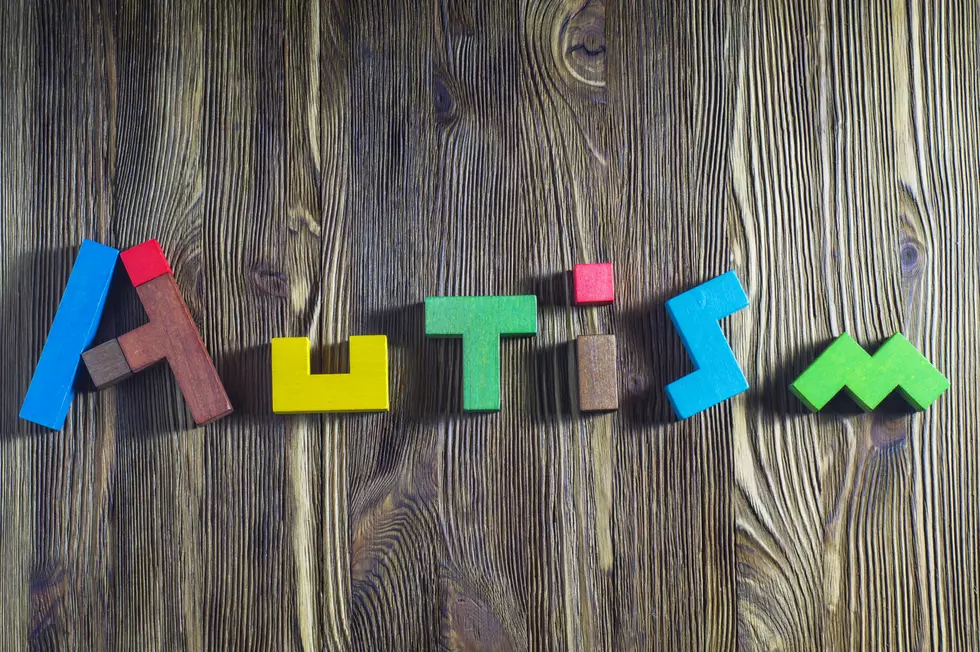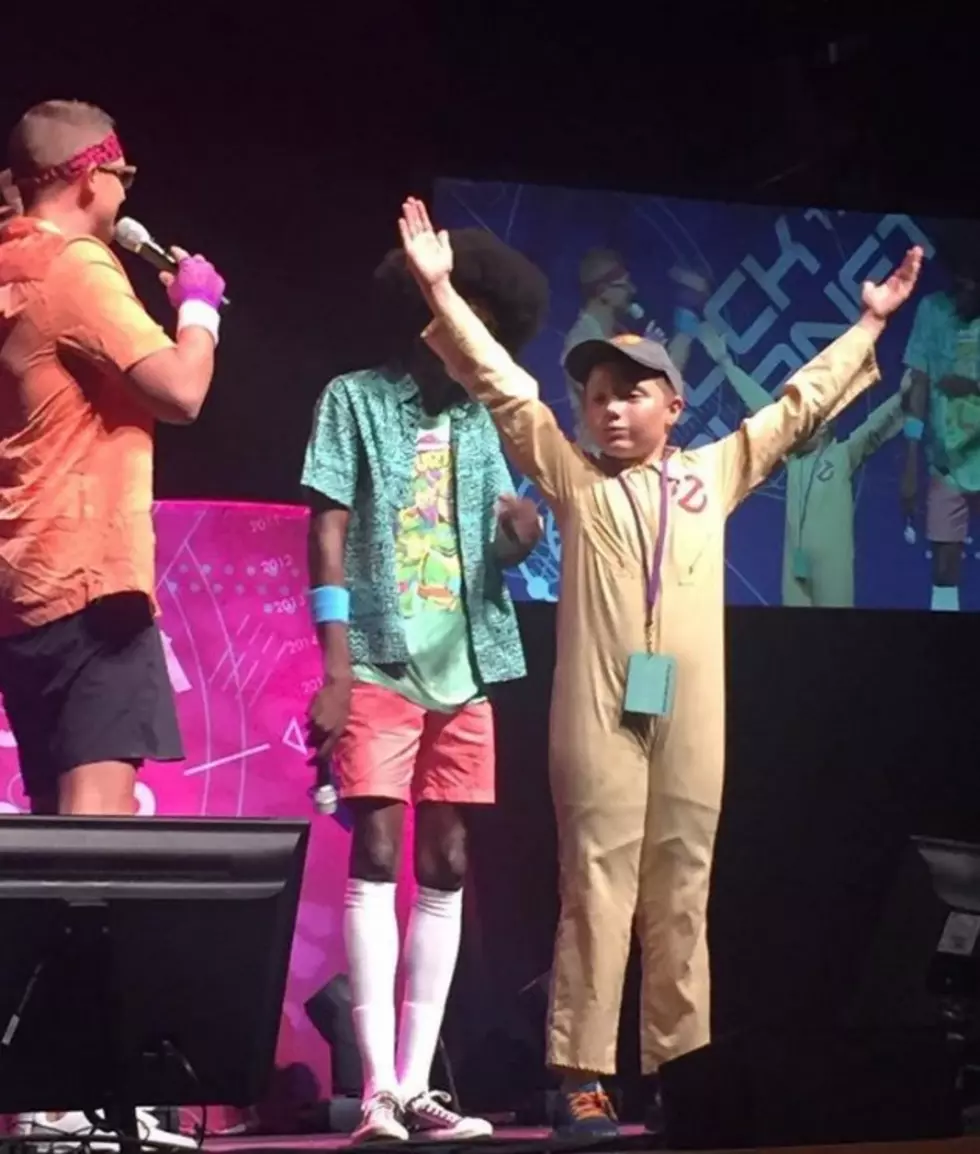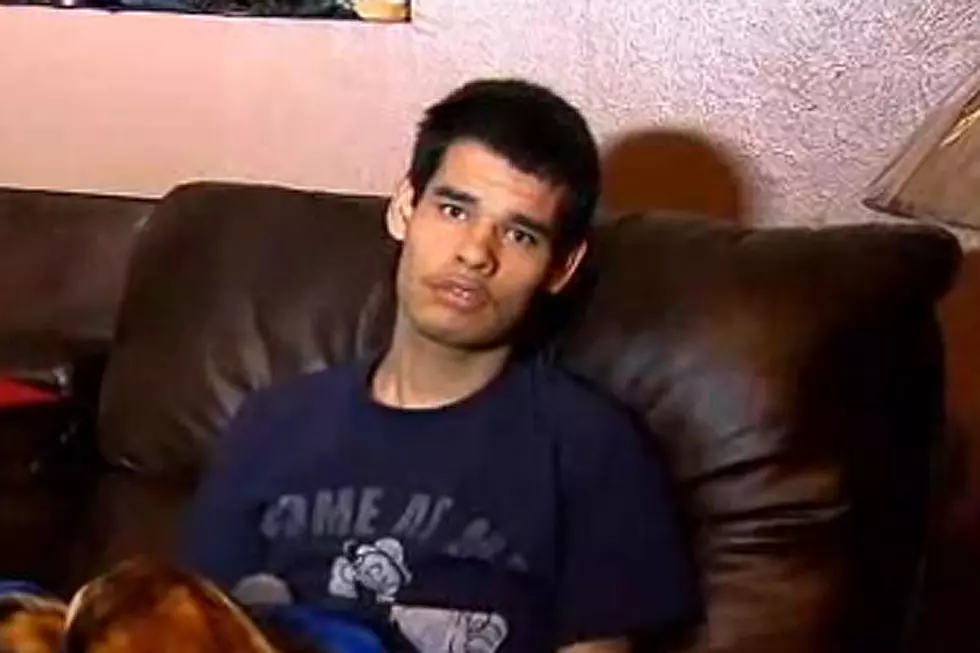
Mommy Blogger Christy K. – Autism ≠ ‘Rain Man’
One of the difficult things about Autism is that every child on the spectrum is so very different. I would like to think that the days are gone where people hear the word Autism and think of either Dustin Hoffman in “Rain Man” (a savant, which is relatively rare), or a nonverbal child standing in a corner banging his head against the wall. While both of these examples are quite real, they also represent the very extremes of the Autism spectrum, from very high to very low functioning. The larger percentage of children with Autism fall somewhere in between those two extremes, and my son is no exception.
When Hunter was 2, he was diagnosed with PDD-NOS (Pervasive Development Disorder, Not Otherwise Specified). I later came to learn that this is often a pre-curser to the Autism diagnosis, which is typically given after age 3. When Hunter turned 3, his diagnosis became Autism; at age 6, it was High-Functioning Autism; and today, it is Asperger’s Disorder.
While this sounds quite complicated, all this really means is that each diagnosis on the Autism spectrum represents the individual’s level of functioning. (On a side note, the fifth edition of the Diagnostic and Statistical Manual of Mental Disorders comes out this year and it will encompass all of these diagnoses into one blanket term, Autism Spectrum Disorder, which should remove a bit of confusion). Individuals with Asperger’s often have little “quirks,” generally as a result of their poor social skills (think Sheldon from “Big Bang Theory”). Hunter definitely has better social skills than Sheldon, but these skills are learned and copied from observing others rather than being an inherent skill. I have to give Hunter daily reminders in preparation for social situations that he may encounter: “Don’t say anything about that lady’s eye make-up, even if she DOES look like a cat,” or “Don’t ask him if he is a vampire because of his pointy teeth.” Often I find myself ducking around a corner with Hunter or steering him in the opposite direction of someone that I think he may find “odd” and feel the need to point it out.
He is by no means intending to be rude or hurtful; he is just painfully truthful. He does not know how to sugar coat things, and furthermore sees no reason why anyone would want to. Although his comments sometimes make my life difficult, at other times, I find his brutal honesty refreshing. How nice would it be to just say whatever you want to say, without that filter that most of us learn to speak through? In today’s society, however, if you are not PC, you are a social outcast. Therefore, although many people with Asperger’s and Autism are extremely intelligent people, they have difficulty maintaining jobs and relationships due to their poor social skills.
This is just another one of our daily battles, but also another worthy one. With each passing year, my son becomes more social, more friendly, more, typical. While I know that these skills are crucial for Hunter’s future, I also hope that he is able to maintain that guileless spirit that is so very rare in a society that expects everyone to fall in line.
More From Mix 94.1









